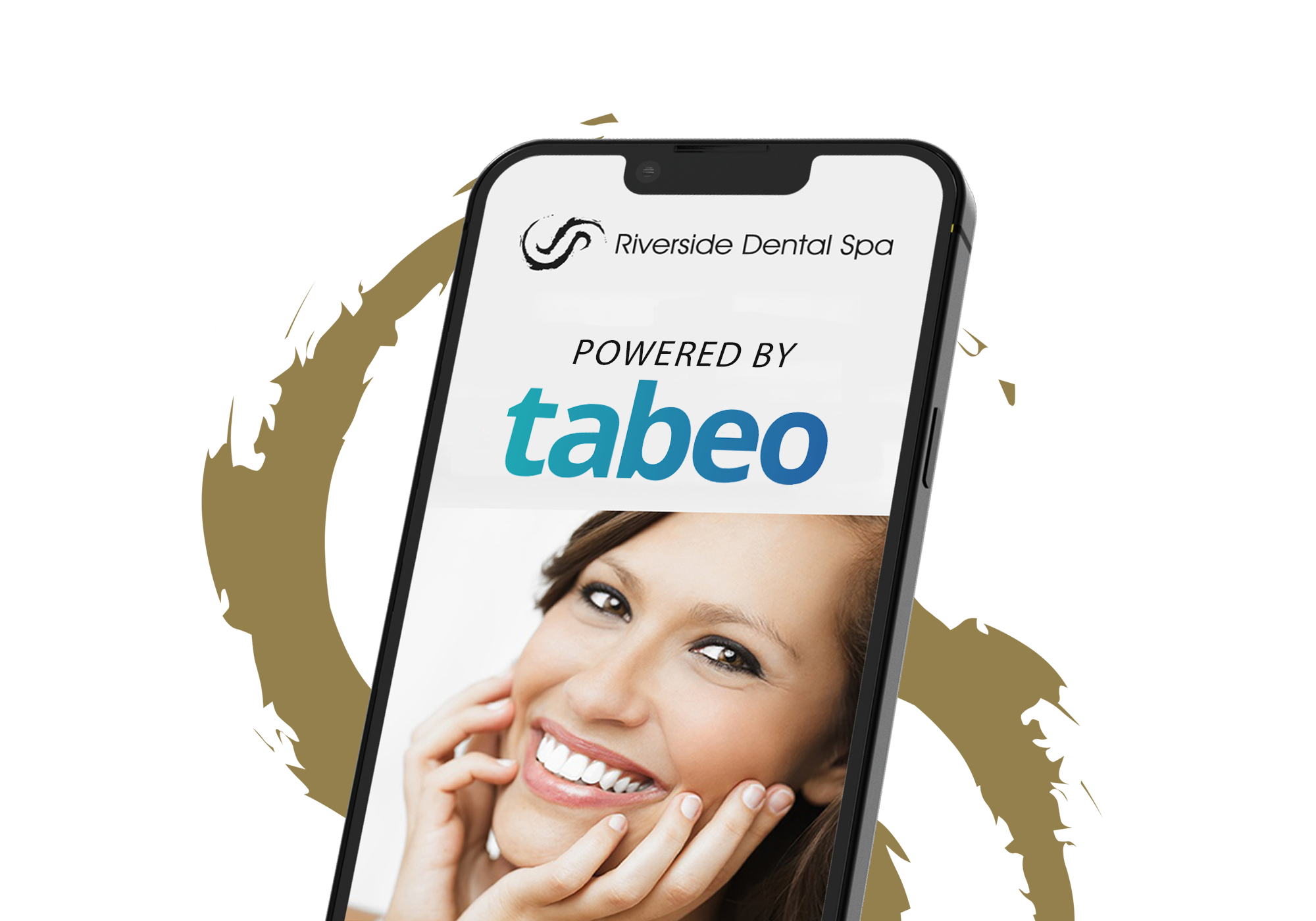September is International Pain Awareness Month. The goal of this event is to help raise awareness of issues in the area of pain and pain management, and to treat pain as a serious public health concern. By generating more awareness, we can help to ensure that the stigma around chronic pain is removed.
Dental pain is a problem for almost all people at some point. Toothache can have many causes, including tooth decay, a damaged tooth, a loose or broken filling, a dental abscess, an infection, or even problems with braces. To help prevent toothache and dental pain, it’s important to take important steps to maintain good oral health:
- Visit your dentist regularly
- Brush your teeth at least twice a day using a fluoride toothpaste
- Clean between your teeth using floss or an interdental brush every day
- Avoid too many sugary foods and drinks – if you do consume sugary food or drinks, try to only have them at mealtimes
What to do if you have toothache
In most cases, if you have toothache for more than two days, you should see your dentist as soon as possible. If you find that pain doesn’t go away after you take painkillers, your jaw or cheek are swollen, or you experience pain when biting, a high temperature, red gums or a bad taste in your mouth, you should see your dentist. Whilst it may seem appropriate to go to your GP about dental pain, we advise that you see your dentist, as a GP cannot provide dental treatment.
While you wait for dental treatment, you can follow some steps to help ease toothache:
- Take painkillers such as paracetamol or ibuprofen. Remember, children under 16 shouldn’t take aspirin. If you are unsure, speak to a pharmacist
- Rinse your mouth with saltwater
- Eat soft foods and try to avoid chewing with the teeth causing pain
- Use a pain-relieving gel. If you are unsure, speak to a pharmacist
- If your face is swollen, use a cold compress
If you have toothache and are experiencing swelling your mouth or neck, and having problems breathing, speaking or swallowing, or are experiencing a swollen area around your eye or neck, rather than seeing your dentist, you should go to A&E.
Emergency dental treatment
If you suffer from dental pain for an extended period or experience any other symptoms mentioned above, you should make an emergency appointment.
At Riverside Dental Spa, we allocate emergency appointment slots on a first come, first served basis, so we advise that you call as early as possible during normal practice hours to stand a better chance of being seen on the same day. We always strive to ensure that patients with genuine dental emergencies are seen and treated within 24 hours.
If you need to book an emergency dental appointment, please call 020 7091 0677, or listen to the instructions on our answer phone.



